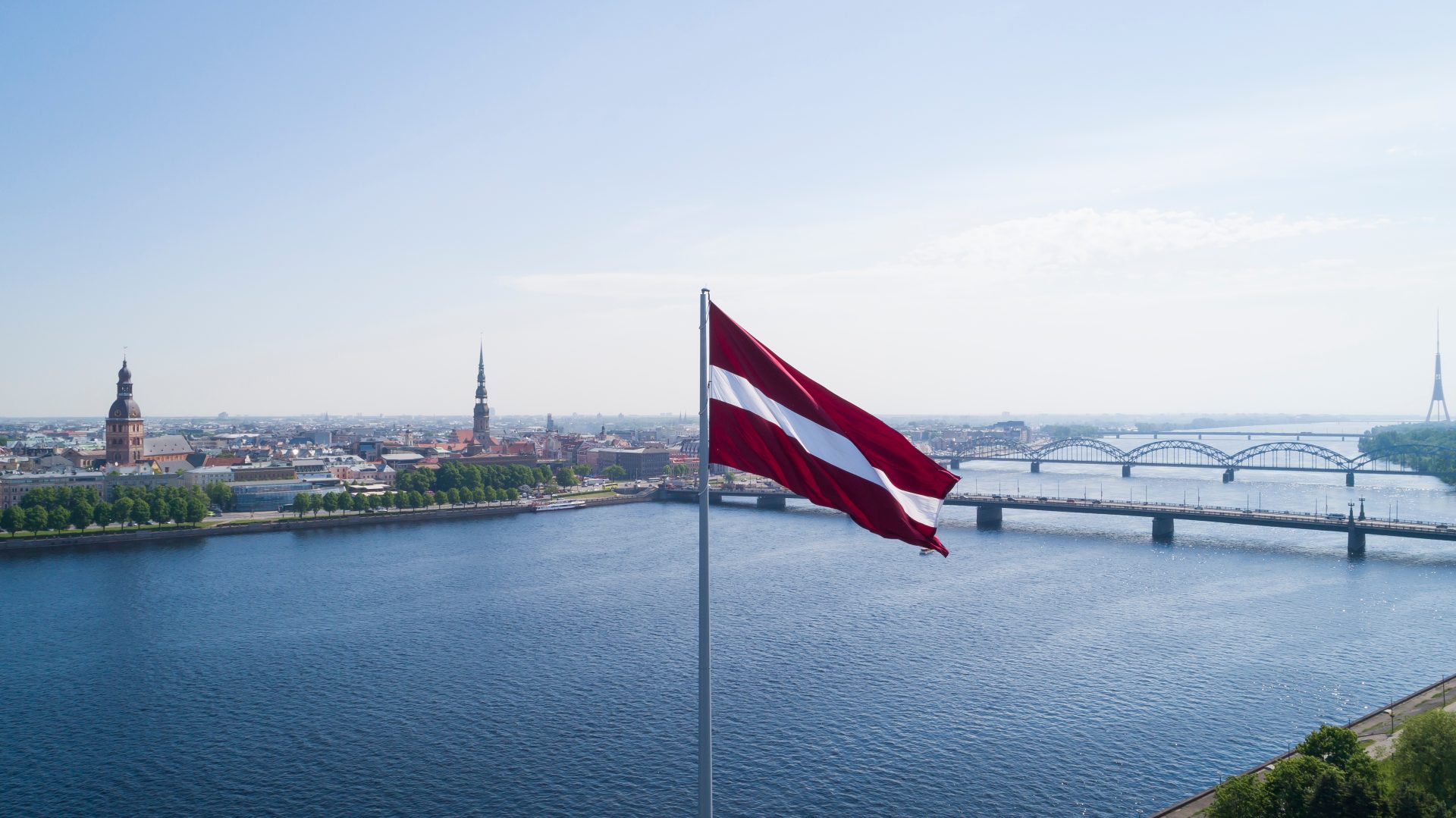Any smartphone can help you translate or look up a few useful Latvian words. But only a local can give you the context to use them naturally and with confidence. In this guide, we’ll share an insider’s perspective on the Latvian language – essential beginner phrases and cultural tips that will help you connect with locals, whether you’re just visiting Latvia or starting to settle in.
Greeting and Farewell Phrases in Latvian
When talking to Latvians, one of the first things you might notice is the varying degrees of formality and personal boundaries. So, you’ll want to adjust your speech accordingly. Here’s a list of ways to say hello or goodbye in the Latvian language, from the most casual to more formal expressions:
- Čau (hi, hello) – Used in casual settings among people who know each other well for greetings and goodbyes.
- Sveiki (hello) – A polite and neutral greeting for people you don’t know or when addressing a group.
- Visu labu (all the best) – As universal and polite way as “sveiki” to say goodbye.
- Labrīt, labdien, labvakar (good morning, good afternoon, good evening) – More formal greetings typically used in professional or official settings, like entering a doctor’s office, speaking to someone older, or starting a formal email.
- Uz redzēšanos (goodbye) – a more formal way to say goodbye. Typically, if you started with “labdien”, you’d exit with “uz redzēšanos”.




